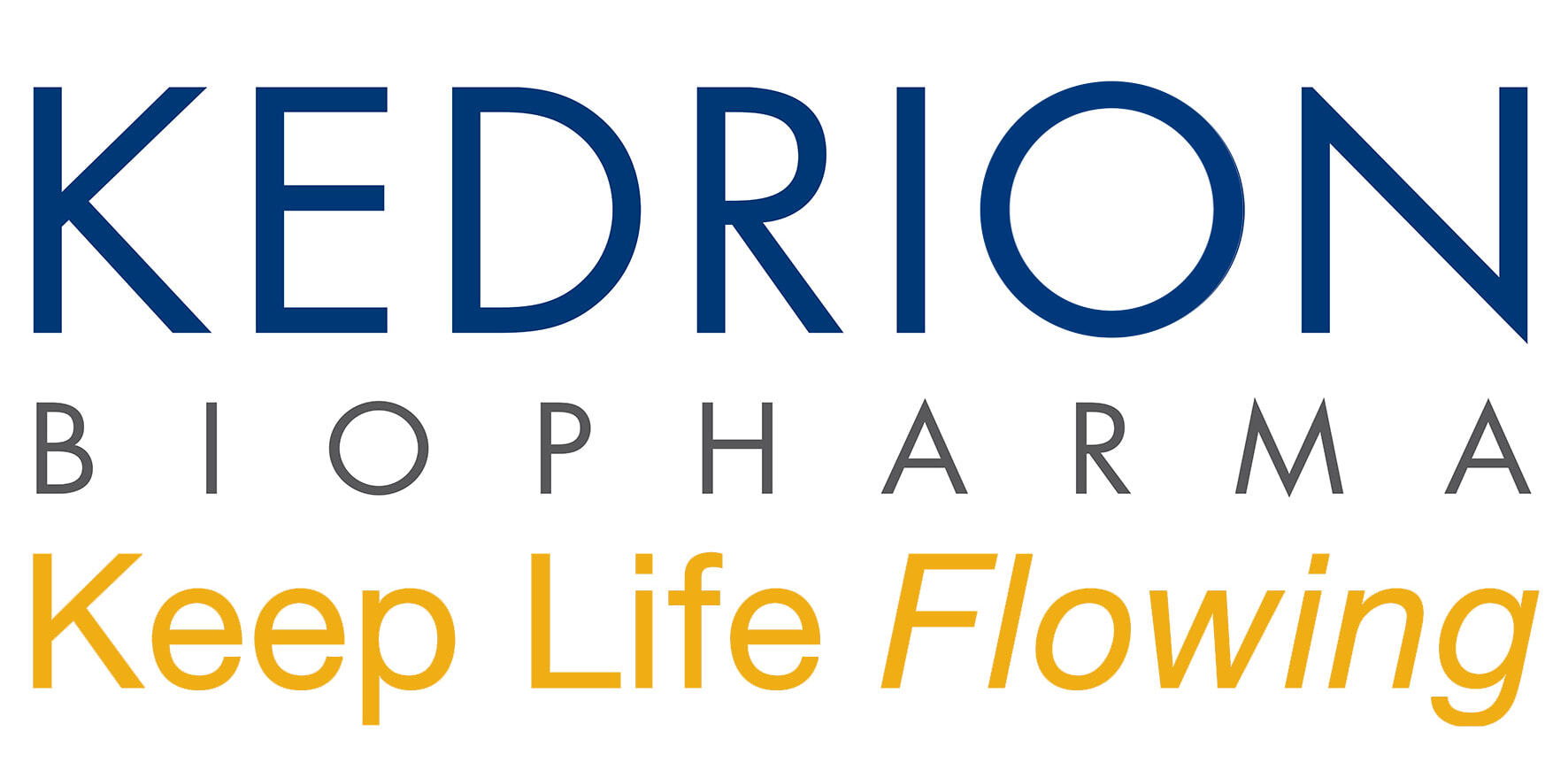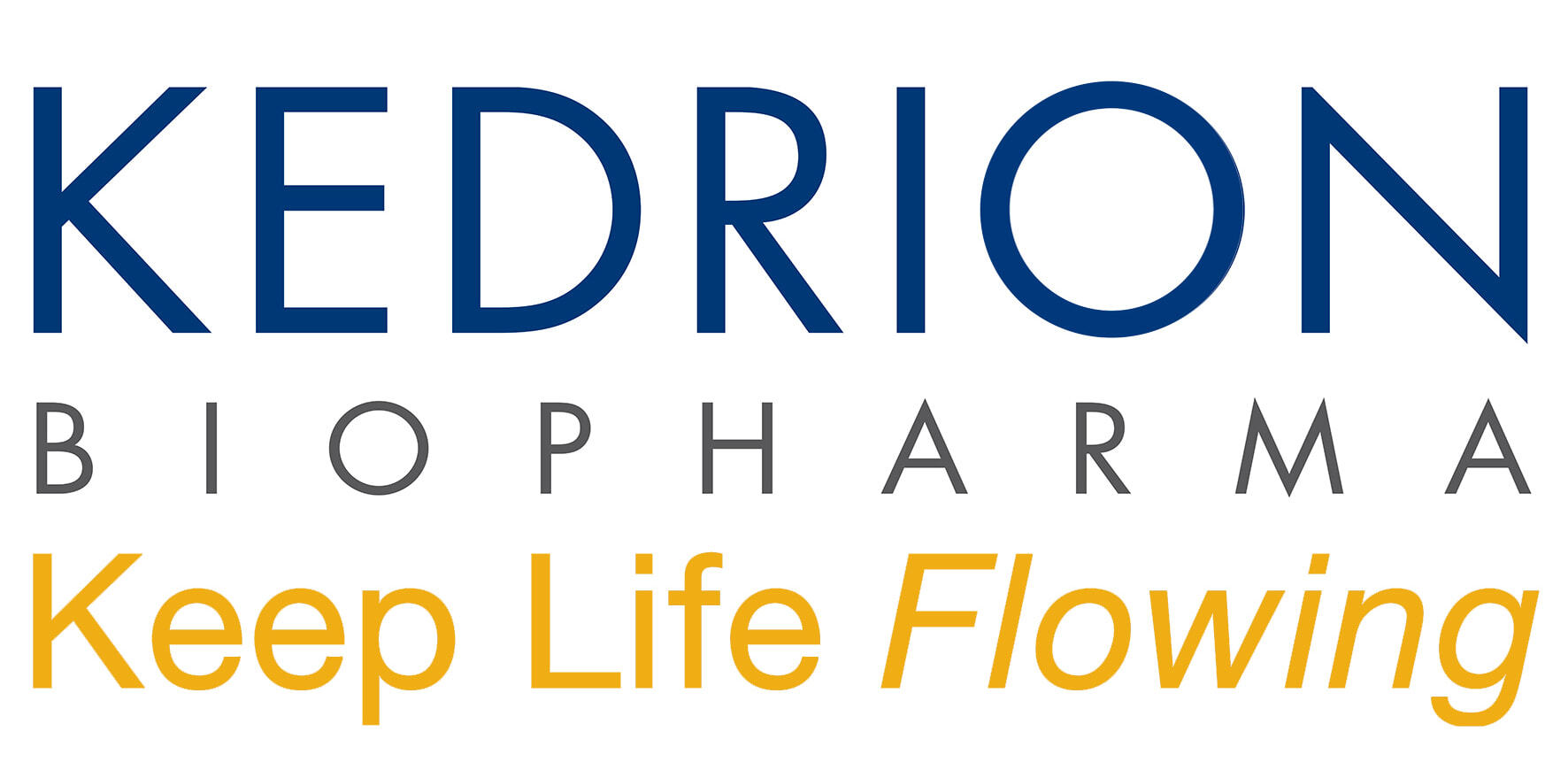On November 1st, Columbia University Irving Medical Center in New York hosted the First Annual International Symposium for the Global Eradication of Rh Disease. Kedrion Biopharma is proud to have supported this event as well as all the initiatives that form part of the 50th anniversary celebrations marking the discovery of the treatment for the prevention of Rh sensitization. Fifty years ago, this landmark achievement put an end to Hemolytic Disease of the Fetus and Newborn (HDFN or Rh disease), a consequence of Rh sensitization in pregnant women, that for a long period was a frightening threat for women who were Rh negative and looking forward to having children. Since 1968, the prophylaxis has saved millions of babies around the world.
Though no longer considered a threat to unborn children in many countries – today, few cases of HDFN are reported each year in the most developed countries – Rh disease remains a dire public health issue in large parts of the world: in countries where effective protocols for its prevention do not currently exist, as many as 14 percent of affected fetuses are stillborn and 50 percent of live births result in neonatal death or brain injury. Although this prophylaxis is on the World Health Organization’s List of Essential Medicines, many of the countries where it is most needed lack the appropriate healthcare delivery systems, appropriately skilled medical personnel, and the medical education and clinical training and other resources needed to enact such protocols.
An international consortium of physicians, scientists, epidemiologists, midwives, global health advocates, and industrial partners is committed to “doing something” by initiating a series of pilot projects in underserved settings to help families now, and to demonstrate proof-of-principle approaches that can be scaled up in the future to serve larger populations. Kedrion, which is part of this consortium since its inception, is hopeful and determined that initiatives such as this Symposium will facilitate access to the prophylaxis in many low and middle income countries and eventually lift the fear of Rh disease for parents everywhere.
As part of the Symposium – a full-day event featuring a roster of prominent speakers from around the world, representing multiple medical specialties and points of view – Nobel Laureate Dr. Peter Agre, one of the scientists who first cloned and sequenced the Rh Gene, presented the 3rd Annual John Gorman Lectureship in Transfusion Medicine. This lectureship, named after Dr. John Gorman – one of the pioneers who developed the treatment fifty years ago at Columbia University – has now been funded in perpetuity by Kedrion Biopharma.

